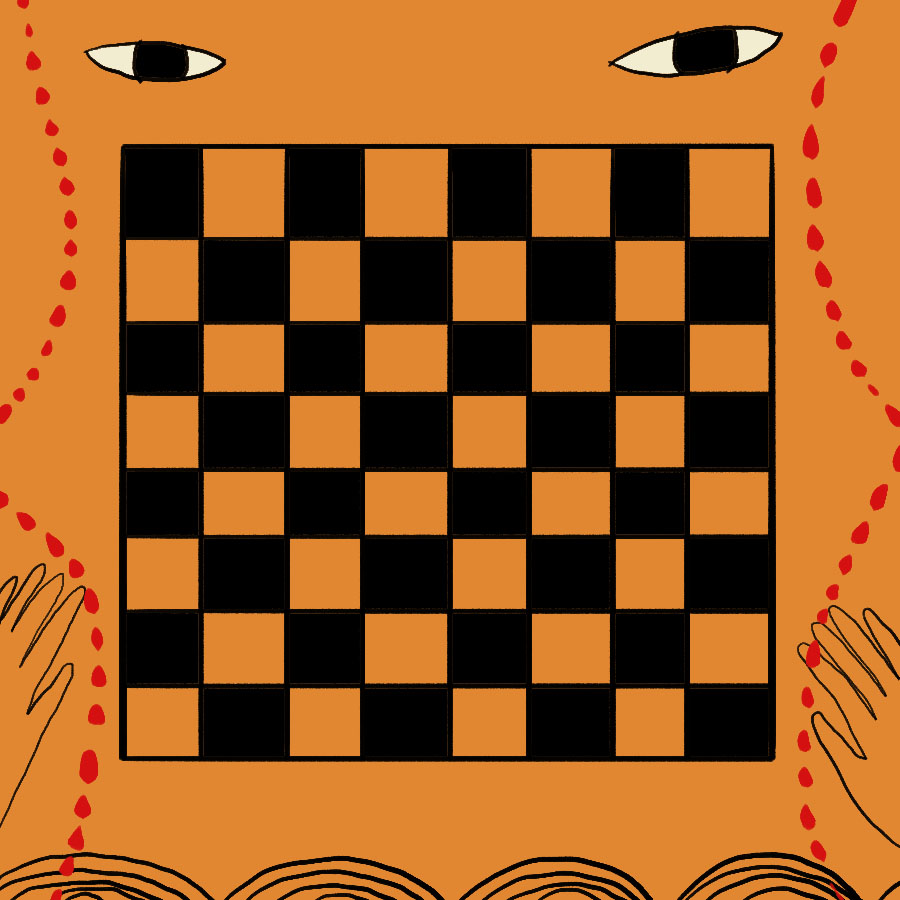
Exploring the Theme Statement for “Rules of the Game” Short Story
“Rules of the Game,” a poignant short story by Amy Tan, invites readers to dive deep into the struggles of identity, independence, and the complex dynamics of family relationships. At its heart, the narrative centers around Waverly Jong, an eight-year-old Chinese American girl who discovers her talent for chess, but it also serves as a rich tapestry for exploring broader themes such as cultural identity and manipulation within familial relationships. In this article, we will explore the theme statement of the story and how it is intricately woven throughout Waverly’s experiences.
One of the primary themes of “Rules of the Game” is the struggle for identity and independence. As Waverly becomes a chess prodigy, she asserts her individuality and separates herself from the expectations placed upon her by her mother, Lindo Jong. This journey of self-discovery is central to Waverly’s character development. At the beginning of the story, Waverly is defined by her mother’s strict rules and high expectations—she views herself through the lens of her mother’s ambitions. However, as she gains confidence in her chess abilities, Waverly starts to carve out her own identity, challenging the limitations imposed by her mother’s traditional views.
Moreover, the game of chess itself serves as a metaphor for Waverly’s life. Each piece has its own role, just as each family member holds a specific position in their cultural hierarchy. Waverly’s growing skill in chess symbolizes her move toward autonomy, where she learns to strategize her life choices much like she would on a chessboard. The title “Rules of the Game” speaks not only to the literal rules of chess but also to the unwritten rules that govern her family dynamics and cultural expectations. It sparks questions about authority, control, and the tension between different generations.
Another significant theme present in “Rules of the Game” is the notion of manipulation as a communication tool in the complex interplay of relationships. Throughout the story, Waverly learns the art of manipulation from her mother, who often uses emotional leverage to influence her daughter’s choices. For instance, Lindo’s pressure to excel at chess comes with an unspoken expectation for Waverly to fulfill the dreams she herself could not achieve. This manipulation can be seen as a reflection of broader cultural values, where parents often impose their hopes and aspirations onto their children.
Waverly’s response to her mother’s manipulation is an aspect worth exploring. Initially, she feels caught in a game where the rules are dictated by her mother, leading to feelings of resentment and rebellion. However, as Waverly grows, she begins to recognize her agency and learns to manipulate the expectations placed upon her. This duality of manipulation—both receiving it and exercising it—raises interesting questions about power dynamics within familial relationships. Like a chess game, relationships can be strategic, requiring players to consider their moves carefully.
The theme of cultural identity also emerges throughout the story. Waverly grapples with her Chinese heritage and the pressure to embody the traditional values associated with it. The dichotomy between her American upbringing and her mother’s Chinese customs creates a rich ground for conflict and understanding. As Waverly navigates her career as a chess champion, she must contend with the cultural implications of her success. Is she representing her culture, or is she carving out a new identity that transcends it? This question resonates with many readers, particularly those from immigrant backgrounds, who often balance multiple identities.
In conclusion, “Rules of the Game” encapsulates the delicate balance of family dynamics, identity formation, and cultural expectations. Through Waverly Jong’s journey, readers are invited to reflect on the nature of independence and the often-painful process of asserting one’s identity against external pressures. The themes of manipulation, generational conflict, and cultural identity add layers of complexity to Waverly’s character and narrative arc. As we explore these themes, we gain a richer understanding of the intricate “game” of life that many navigate, particularly in the context of family and culture. This short story, therefore, stands as an enduring exploration of the struggles faced by individuals in pursuit of their identities amidst familial expectations.
